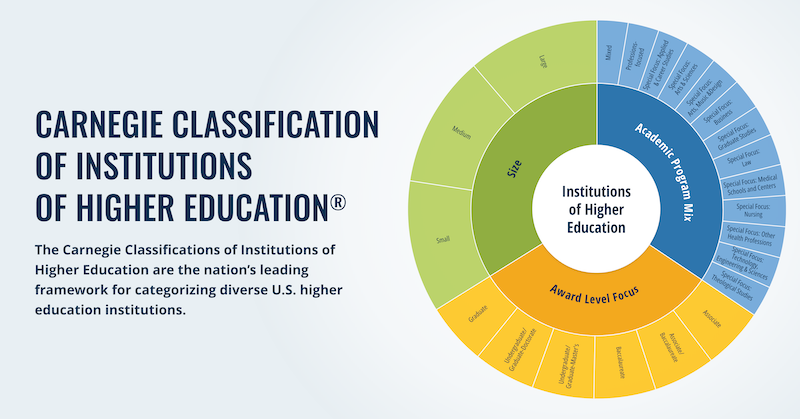In January 2013, a piece in the Atlanta Journal-Constitution points to the fact that for a number of years, with respect to easy access to student data, there have been haves and have nots across the state of Georgia.
In particular, the state-level data allows districts to see into the prior performance and school history of mobile students. A recent article in the Washington Post touched on similar issues but on a much larger scale. The Post also shared concerns about inBloom, a new nonprofit organization that intends to serve as a multi-state data repository and analytic platform for individual-level student and staff data from K-12 districts.
What is left unexplored is the impact of having access to individualized, longitudinal data on student outcomes. In the Journal-Constitution, the author provides data to show that use of the new state system is much higher in rural districts than in their urban counterparts who have long had access to student-level longitudinal data via their own local data systems. The new state system seems to have addressed the systemic problem of access to longitudinal data.
The underlying rationale about collecting and aggregating the data was to improve decision making and student outcomes.
In the Post, the author focuses less on the concerns about data access and use and instead focuses on the potential privacy concerns about large collections of individual student and staff records in the hands of a third-party. In both cases, however, the underlying rationale about collecting and aggregating the data was to improve decision making and student outcomes.
The question left unaddressed is whether there is any evidence that access to this data has had any significant positive impact on outcomes for students. While many organizations place great hope in the availability of data to positively impact student educational outcomes, there is very little research that suggests there is a simple connection between the two. Rick Hess and Jal Mehta remind us “that would-be reformers have consistently overestimated the potential of data.” One of the most dedicated researchers in this area continues to find substantial barriers to widespread use of data for improvement. It’s important to take a step back and make sure any claims around the impact of accountability data are taken with a large grain of salt.
June 11, 2013
White paper, Improvement Research Carried Out Through Networked Communities: Accelerating Learning about Practices that Support More Productive Student Mindsets, explores improvement science as a way to address problems facing educators.
July 31, 2013
At Carnegie’s Pathways National Forum faculty members, administrators, institutional research staff, and education researchers gathered to continue their efforts to reclaim the mathematical lives of students who place into developmental mathematics.






